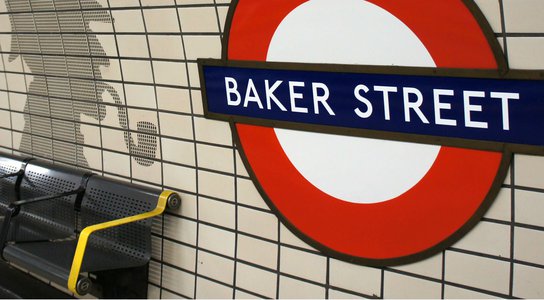With 2016 fast drawing to a close (a year which, let’s be honest, has not been without its fair share of political trials and tribulations), there have been two recent and significant moves that are giving us in the anti-corruption community some cause to celebrate. And with tomorrow being International Anti-Corruption Day, followed by Human Rights Day on Saturday, the timing couldn’t be better.
Two new anti-corruption policies named after Sergei Magnitsky, the whistle-blower who died in prison after reporting one of the largest tax fraud cases in Putin’s Russia, have been introduced in the U.S. and the U.K.
In the U.S., a bipartisan bill targeting human rights abusers around the world (known as the Global Magnitsky Human Rights Accountability Act) has successfully passed through both Houses of Congress as part of a larger bill, and is expected to be signed into law by President Obama. We first blogged about it here, where we welcomed proposals for the bill and said we’d be pushing hard for the U.K. to follow suit. And on December 5, a cross-party group of backbench MPs tabled an amendment to a U.K. bill to do just that.
When the new U.S. law goes into effect, which builds on the Sergei Magnitsky Rule of Law Accountability Act, it will allow the U.S. President to impose visa sanctions and asset freezes on human rights abusers who kill, torture or violate the rights of human rights defenders (or anyone acting as an agent for such people) and government officials responsible for acts of significant corruption (or anyone supporting such activity). The bill will also create related penalties for anyone who violates, or tries to violate, an asset freeze.
The U.K. bill is the Criminal Finance Bill (which we’ve written about recently here), and the amendment is colloquially known as the Magnitsky amendment. While the Magnitsky amendment falls short of including visa sanctions, its proposal would allow the U.K. courts (on the application of NGOs and others) to freeze the assets of people who are involved in, or profit from, gross human rights abuses. This change could play an important role in reinforcing recent steps to end the U.K.’s role in the facilitation of corruption overseas. We’ve previously welcomed some of these steps here, here and here.
If the U.K. really wants to position itself as a leader in the fight to combat corruption around the world, the Magnitsky amendment should be accepted and incorporated into U.K. law with immediate effect.
It would send a very strong message to violent and corrupt political leaders and their cronies around the world, if the financial centers of both the U.S. and the U.K. came together to say that their dirty money is no longer welcome.


